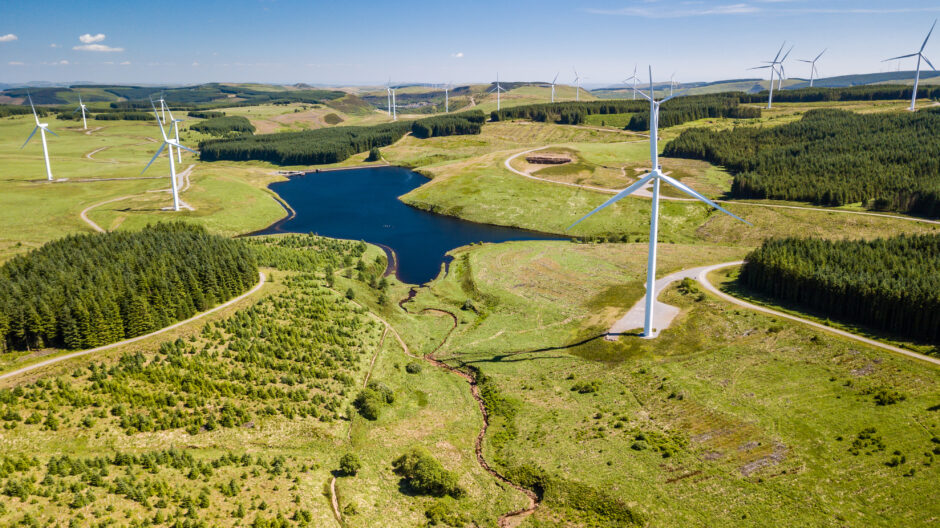Conrad Purcell and Shu Shu Wong from corporate law firm Haynes and Boone discuss the outlook for UK renewables and what 2023 could bring.
All aspects of renewable electricity generation in the UK are currently affected by policy uncertainty. The UK government’s stated policy goals are to decarbonise electricity generation through increased deployment of offshore wind, carbon capture utilisation and storage, hydrogen and nuclear.
The current renewables landscape
2022 has been a tumultuous year for the energy sector and, though renewable energy sources are of greater importance than ever, the market remains unstable.
The volatility of hydrocarbon prices, driven by geopolitical shocks, has in turn caused a sharp increase in electricity prices and a regulatory response in the form of new taxes on oil and gas companies’ profits, as well as a new tax on the revenues (above a threshold of £75/MWh) of some renewable electricity generators.
The rationale for taxing renewable electricity generators is that they are unduly profiting from much higher revenues from the electricity they are selling whilst not incurring any additional fuel costs in the case of wind and solar power.
The government initially sought to persuade renewable generators to switch to fixed price contracts for difference (CfDs) to bring electricity prices down but were unsuccessful in doing so. It is noteworthy that the new tax on renewable electricity generators can be avoided by generators who agree to a CfD in future.
The UK government also recently announced that it would support nuclear power generation by investing £700mn in the Sizewell C nuclear power station, which is being developed by EDF but will now be 50% owned state owned by the UK government. This marks a significant change of policy and is the first such direct government investment in nuclear since 1987.
Onshore wind might also have a future in the UK as, after widespread opposition to Rishi Sunak’s reversal of the measures to revive onshore wind announced under Liz Truss’s tenure, the Department for Levelling Up, Housing and Communities has now confirmed a consultation looking at how – with support from local communities – construction of onshore wind facilities might begin once more.
The role of new technologies
New technologies will continue to emerge in the renewable energy space, with two key areas being hydrogen and battery energy storage systems (BESS).
Of these, the most mature is BESS which is being heavily invested in and the number of projects being developed and financed in this area has grown rapidly over the last 12 months and this trend is likely to continue for the foreseeable future.
The capacity of UK BESS projects is currently less than 2GW and recent estimates from industry bodies show that the total pipeline of UK BESS projects is in the region of 32GW, of which 10GW worth of projects have planning approval. It is estimated by National Grid that the UK will need up to 50GW of BESS to meet its net-zero targets by 2050.
Whilst the use of hydrogen in various industrial and energy related processes is not new, it is being looked at in new ways and the UK’s “Hydrogen Strategy”, announced in 2021, sees hydrogen as playing an increasingly critical role in the decarbonisation of the UK’s energy system. This has resulted in a raft of hydrogen pilot projects and financial support by way of a £105mn funding package administered through the UK’s Net Zero Innovation Portfolio.
The funding package takes the form of various grants to businesses and developers to support, for instance, the development and trials of solutions to switch industry from high to low carbon fuels such as natural gas to clean hydrogen.
In addition, in April 2022, the British Energy Security Strategy was published which outlined the government’s plan to double its hydrogen production target from 5GW to 10GW by 2030. In order to meet this target, the Net Zero Hydrogen Fund was announced whereby £240mn of available funding will be distributed to eligible low carbon hydrogen projects.
After a year of market upheaval, the crucial role renewables play in the UK energy landscape has become more apparent than ever, and investment in renewable energy projects and technologies will continue to be of vital importance as we seek to decarbonise the UK energy sector.
